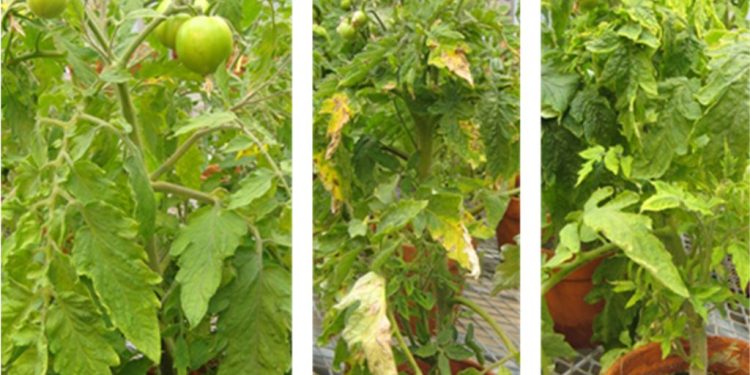Tomato plants are one of the most commonly grown crops worldwide, with a global production of over 182 million tons in 2020. However, a viral infection called Potato Spindle Tuber Viroid (PSTVd) poses a significant threat to tomato production, causing stunted growth, reduced yield, and poor fruit quality. In this article, we will explore the dangers of PSTVd and how to prevent its spread.
According to the latest data from the Food and Agriculture Organization (FAO), PSTVd is a viroid that infects not only tomatoes but also other crops such as potato, pepper, eggplant, and cucumber. PSTVd is transmitted through contaminated seeds, pollen, and plant-to-plant contact. Symptoms of PSTVd infection in tomato plants include stunted growth, curling of leaves, yellowing of veins, and reduced fruit size and quality.
The spread of PSTVd can have devastating consequences for tomato farmers, leading to reduced crop yields, increased costs, and loss of income. To prevent the spread of PSTVd, it is important to use certified seeds that have been tested and shown to be free of the viroid. Additionally, farmers should ensure that all plant material, including seedlings and equipment, is thoroughly cleaned and disinfected before use.
In conclusion, PSTVd is a significant threat to tomato production, and farmers, agronomists, agricultural engineers, and farm owners should take steps to prevent its spread. By using certified seeds, practicing good hygiene, and taking other preventative measures, farmers can protect their crops and ensure a bountiful harvest.





